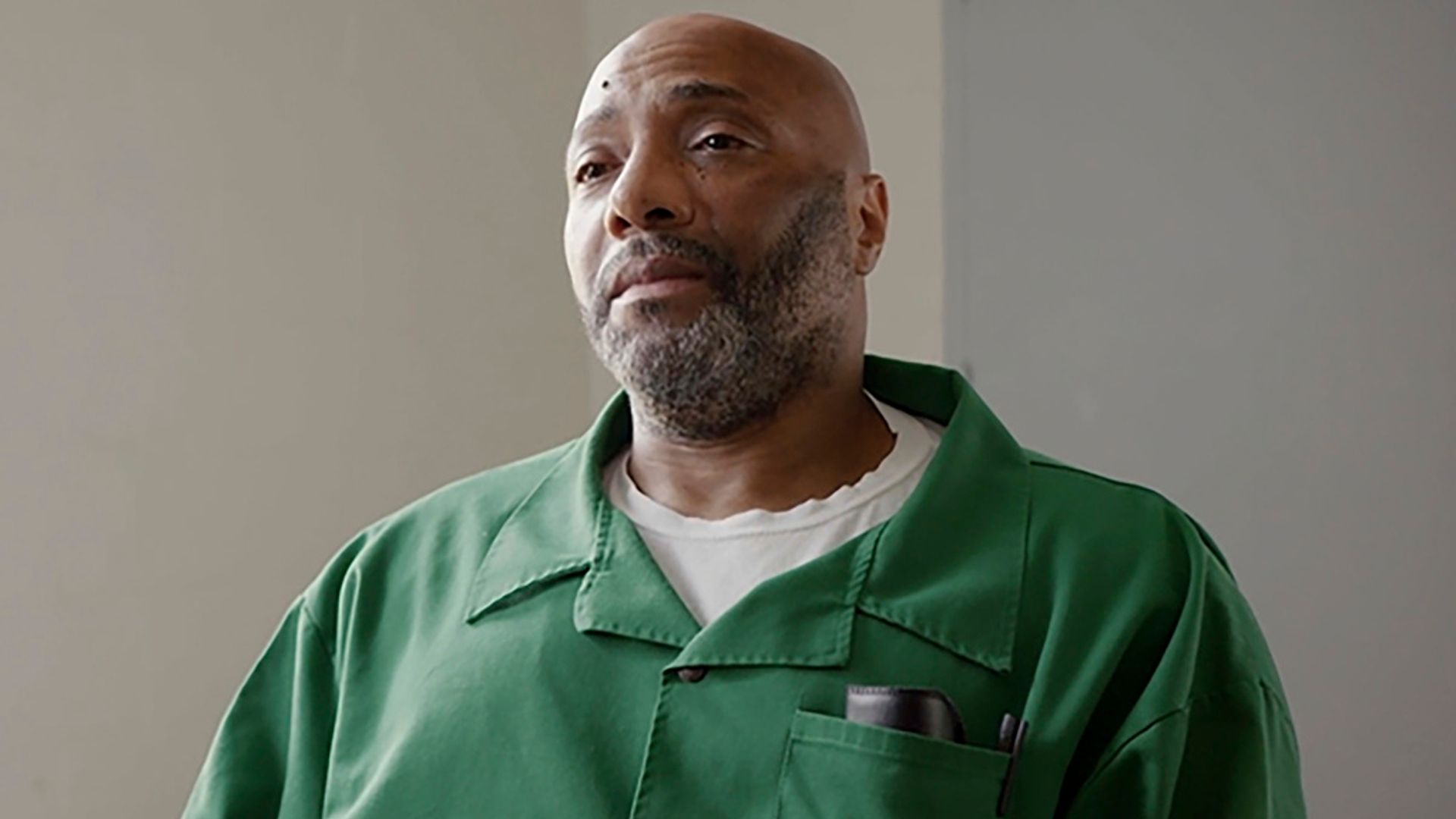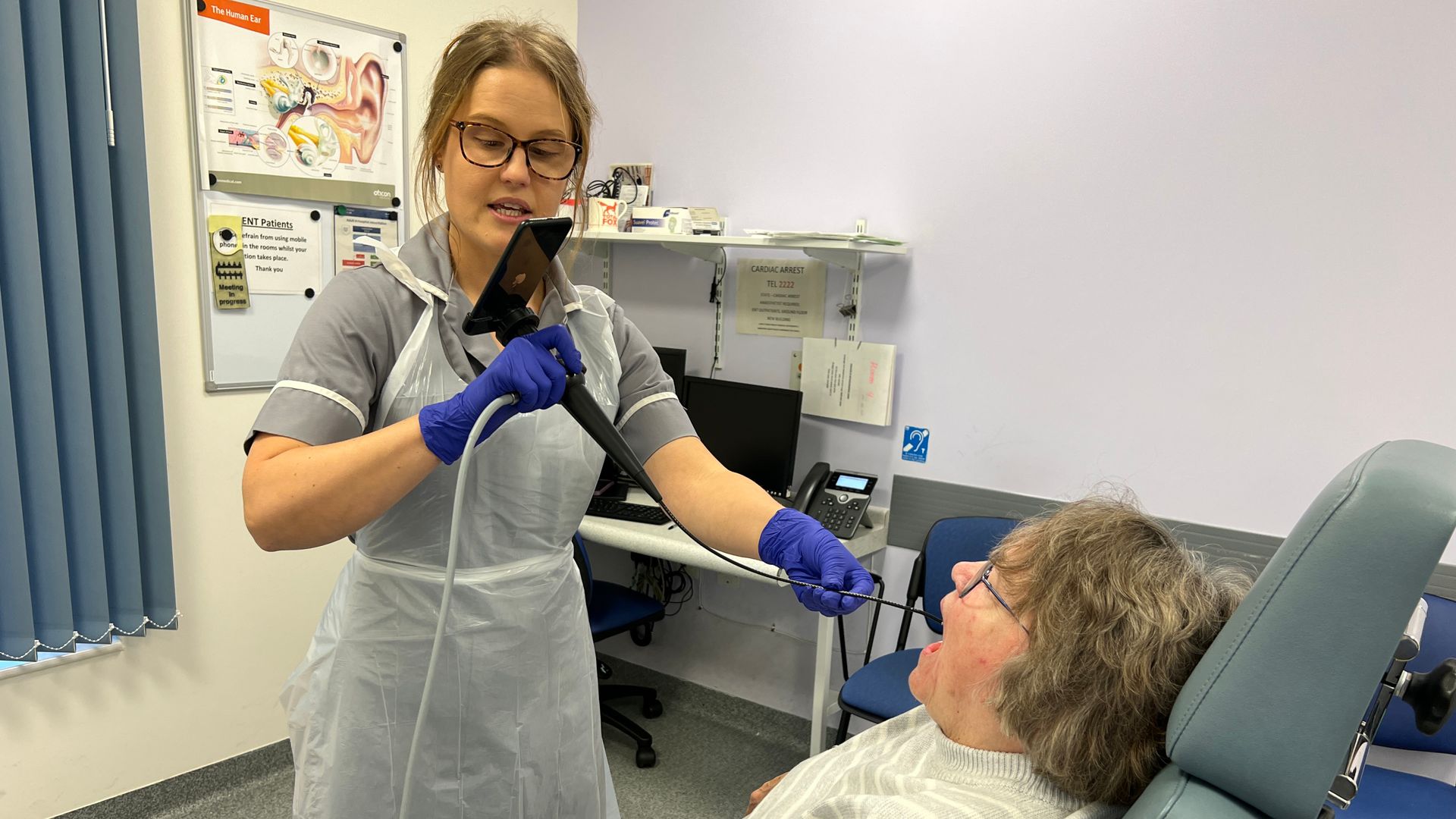
AUGUSTA, Maine — Connor Sawtelle has undergone more than a dozen brain and spine surgeries in just 11 years of life.
More are on the way for the Hallowell boy who has dealt since birth with chiari malformation, a condition in which brain tissue extends into the spinal canal. Connor, who wears a neck brace, must leave Maine for specialized care and has traveled 350 miles to NewYork-Presbyterian Weill Cornell Medical Center in Manhattan for past fusions and operations.
Connor was near death in 2019 when the hospital withdrew as a MaineCare provider. So an anonymous philanthropist stepped up to cover the expensive treatment that helped Connor regain full neck mobility, ditch his feeding tube and even play Little League baseball.
But Connor and his family now face uncertainty over another surgery that is scheduled after he started to “fall apart” again late last year with cranial cervical instability, which has left his spine “basically in his brain stem like a lollipop,” his mother, Erika Sawtelle, said.
He needs a type of cervical fusion that has never been performed on a child. The estimated bill is $788,000 if there are “no hiccups,” said Sawtelle, a self-employed esthetician and single mother with two other children.
The ordeal brings into focus the limits of state Medicaid programs in medically complex cases that require out-of-state operations and the legal intricacies at play. Federal law prohibits MaineCare from reimbursing providers not enrolled in the state’s public option, though out-of-state coverage is required in medical emergencies and other situations.
The administration of Gov. Janet Mills and the hospital have held discussions over enrolling again, but NewYork-Presbyterian has not yet done so as Connor awaits a vital operation initially set for April 10 before a cancellation and struggles at home with pain and losing weight.

“MaineCare has actively worked with NewYork-Presbyterian to encourage them to enroll as a MaineCare provider, and those conversations continue,” Department of Health and Human Services spokesperson Lindsay Hammes said.
NewYork-Presbyterian spokesperson Tony Chau said the hospital cannot comment on specific cases but added “our focus is always on providing the very best care to all of our patients.”
“Our patient services and finance teams work closely, and on an ongoing basis, with our patients, their families and insurers to try and resolve any issue that may arise,” Chau said.
The rural state of Maine is hardly the only place where Medicaid plans have encountered challenges over the years with enrolling speciality providers. States have flexibility to set rates for out-of-state services and often pay out-of-state providers less than in-state providers.
The use of out-of-state hospitals varies widely around the country, according to the Medicaid and CHIP Payment and Access Commission, which advises Congress on policy for those low-income and children’s health insurance programs.
Isolated Hawaii had the lowest share of out-of-state stays (0.1 percent) in the commission’s most recent report based on 2013 data. Vermont, which borders the states of New York and Massachusetts with highly specialized health care infrastructure, had the highest (19 percent).
Maine had 581 out-of-state hospital stays that year, or 2.3 percent of its Medicaid stays. While Connor traveled closer to home for his first brain surgery by going to Massachusetts General Hospital in Boston, his mother said the surgery led to instability in the boy’s spine and resulted in the family relying on NewYork-Presbyterian for the specialized operations.
The Centers for Medicare and Medicaid Services recommends states develop agreements with each other over coverage and payment for Medicaid-eligible kids with medically complex conditions. Among other recommendations are setting “economic and efficient” payment rates.
But Connor’s case illustrates the challenges that families face when needing costly, complicated procedures hundreds of miles away.

Prevalence of chiari malformation, named after Austrian pathologist Hans Chiari, has been estimated in slightly less than one in 1,000 people, but the majority of cases are asymptomatic. Connor’s two sisters — Natalie, 14, and Charlie, 8 — have milder cases.
Natalie plays games with Connor and baked treats for a recent sale held to support him, while Charlie “doesn’t get why he doesn’t always want to do things with her,” Sawtelle said.
“It takes a lot out of him to be a regular kid,” the mother said of her fifth grader who did not become a full-time student until the end of third grade due to his dizzying amount of surgeries.
After a storm earlier in March, Connor went outside to play in the snow, but fatigue quickly set in, Sawtelle said, adding her “smart and incredibly goofy” boy otherwise likes to play inside on his Nintendo Switch or build Legos.
She said Connor is feeling down as his baseball team started practicing for a new season. But he and his family — with supporters rallying behind him on a Facebook page — are hopeful things will work out and Connor can return to the diamond.
“He worked really hard to make the Little League team last year,” Sawtelle said, “and it was wonderful.”










